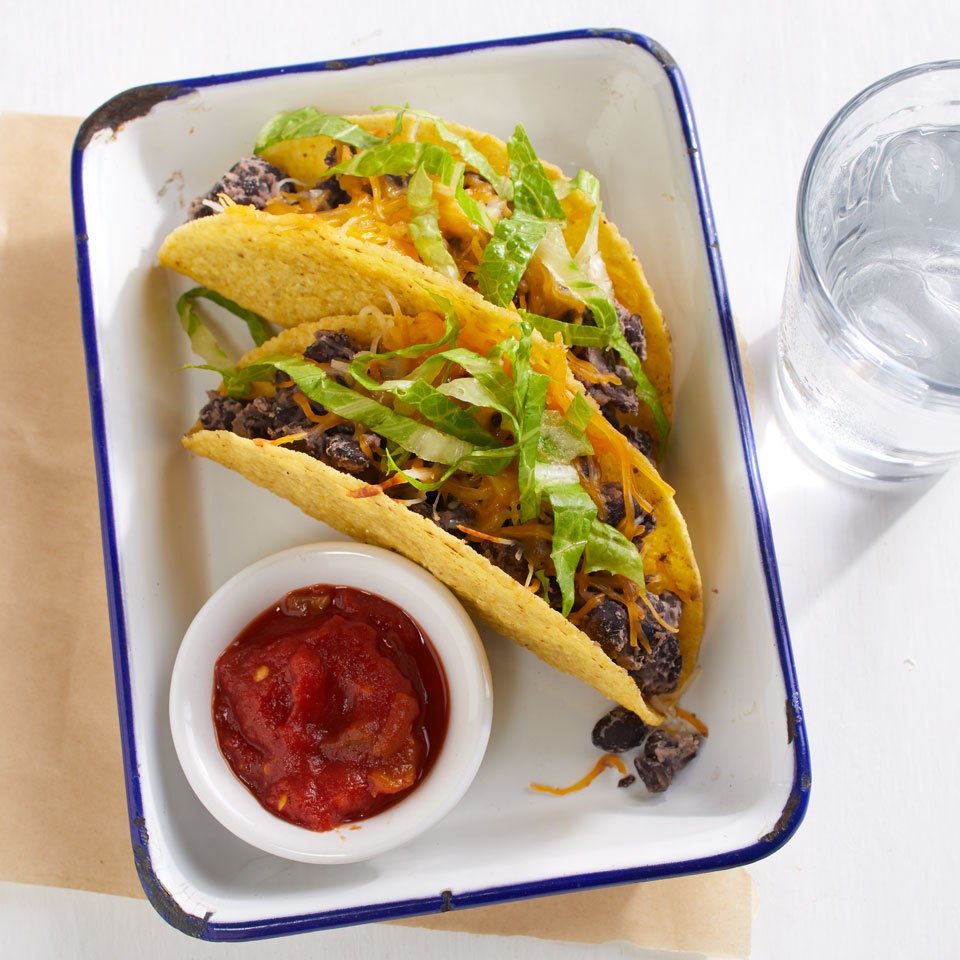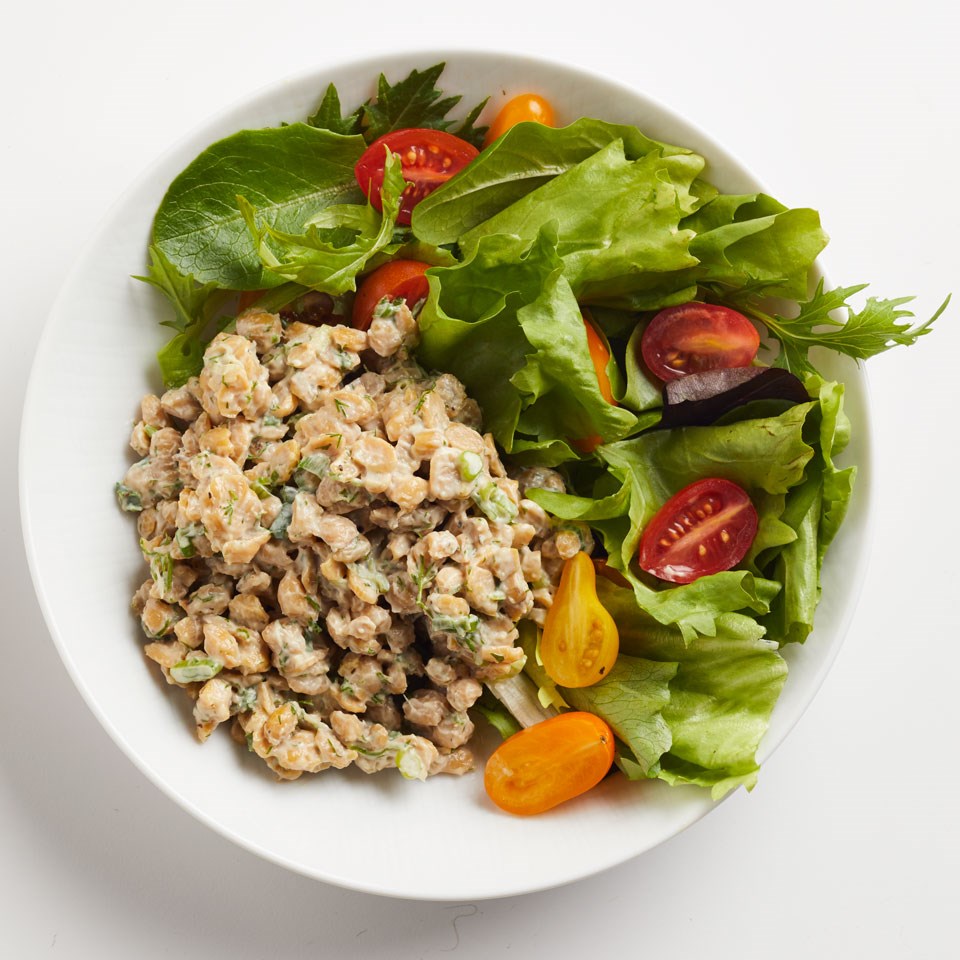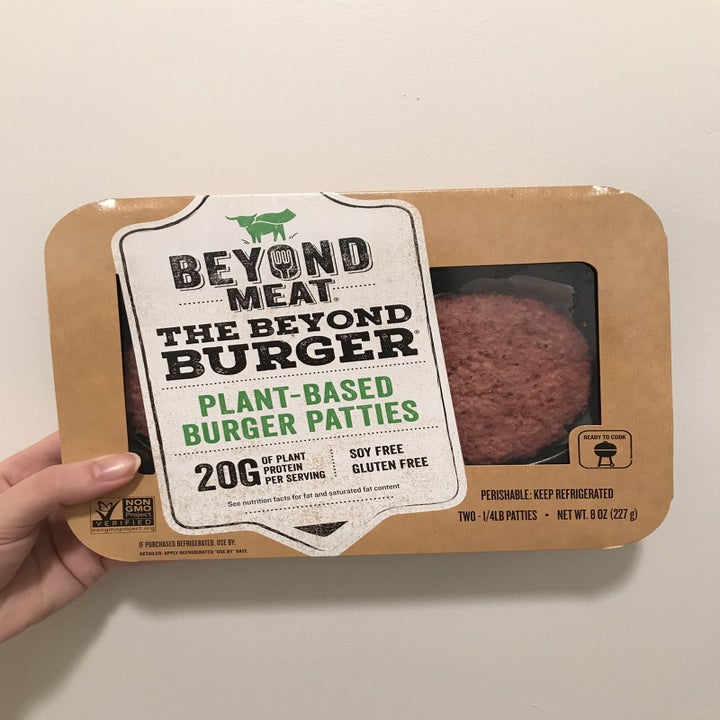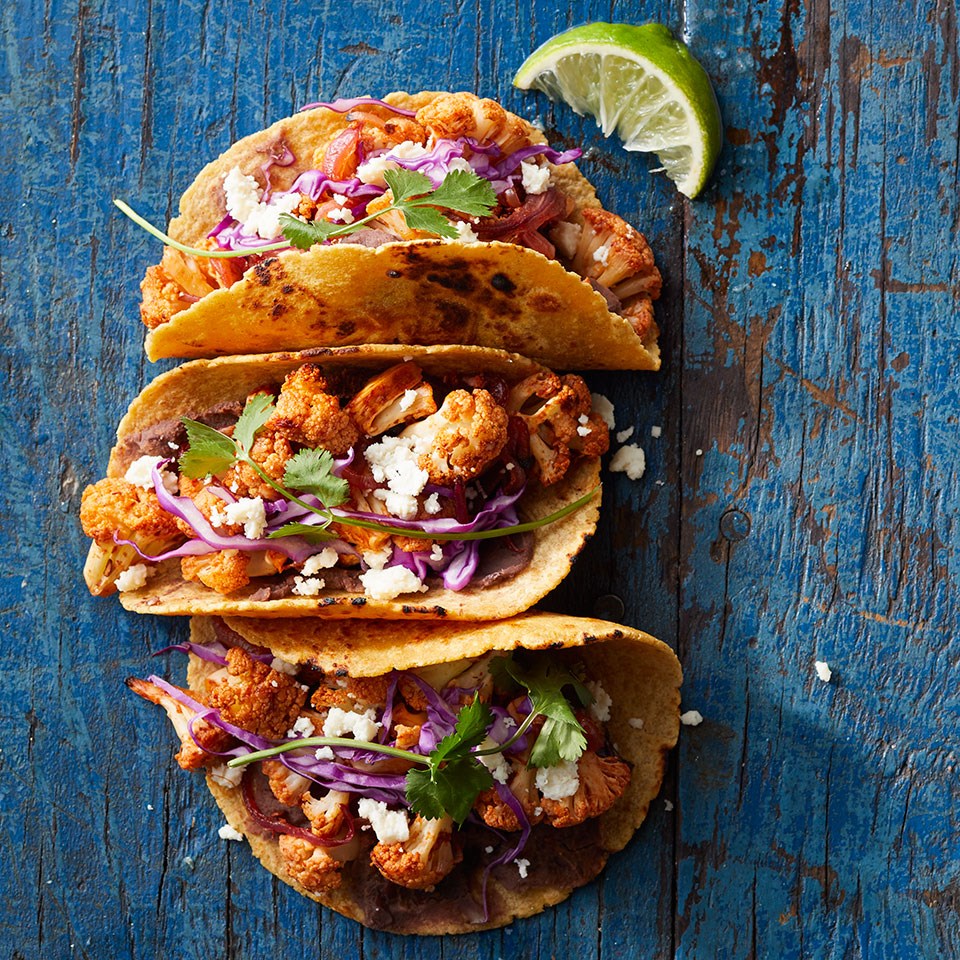Not All Food Is Created Equal
"Ditching meat for substitutes is the most effective thing an individual can do to fight climate change, according to a study in the journal Science."
"[If fake meat can help avoid the worst of climate change], more power to the plant dog and soy burger masquerading as meat."
Timothy Egan, The Times
"It [anchovy-flavoured broth from plants] was being used to make paella. But you could use it to make Caesar dressing or something like that."
"With respect to the urgency of the environmental impact, fish are second to cows, followed by other animals."
Pat Brown, chief executive, Impossible Foods
"The cells [cellular agriculture] know what to do. They become muscle fibers. They become fat tissue. They create the connective tissue that we know as meat."
Arye Elfenbein, founder, Wild type, San Francisco
"If you want to convey something tastes like bacon, what do you do? Do you say it's salty and fatty and, wink-wink, piglike?"
"The point is that we should not have to engage in linguistic gymnastics."
Michele Simon, executive director Plant Based Foods Association
 |
| Black Bean Tacos EatingWell |
People seized with the continued environmental warnings that we are facing a warming climate with Climate Change, are increasingly turning to lifestyle changes in an effort to personally 'make a difference'. And what could be more personal than cashing in the way we eat to eschew meat products in favour of engineered plant-based products emulating meat to produce the amount of protein required in a daily diet, and to still give consumers the taste-sensation of eating meat?
A single beef hamburger requires about 2,500 litres of water in its production, the equivalent of a full week of water use for the average American household. Growing evidence of damage related to human activity on the planet has focused people's minds on making an effort to try to impact that change in a positive way to pull it in the opposite direction.
The substitute-meat market is steadily gaining popularity. There is, of course, a caveat associated with these food substitutions. They are all, irrespective of their sources, heavily processed; the 'natural' benefits of whatever those vegetable sources happen to be, have undergone an organic alteration which often deprives them of their original vitamins and minerals, some of which are restored during the processing.
That said, sales of meat alternatives rang up $19.5 billion on a global scale last year, according to Euromonitor International research. This has become such a hit with consumers that its profitability cannot be overlooked by companies interested in expanding their food inventories to appeal to the greatest possible audience possible. In the case of substitute meat products, a consumer audience that is already committed to bypassing meat in favour of vegetable-sourced protein products.
 |
| Tempeh 'Chicken' Salad EatingWell |
And willing to pay the freight, so to speak. The producer of the faux-meat Whopper sold at Burger King plans to develop replacements for all meat-based foods by the year 2035. Impossible Foods obviously believes this is the future and they have every intention of being a player in this food future. If there is any one consumer product that will never go out of favour it is food.

And Impossible Food has inaugurated a new product, announcing back in June the creation of fishless fish, an anchovy broth made from heme alongside plants, similar to the protein used in its meat formula. Marine fish stocks are 90 percent depleted globally, according tot he World Economic Forum, a rate of depletion that some describe as a "meltdown."
Wild Type based in San Francisco uses cellular agriculture to grow salmon in a laboratory. At a June tasting at a Portland, Oregon restaurant, creation of the half-kilo of salmon served took almost four weeks. Scaling up production is a monumental necessity to ensure this kind of production is both sustainable as a readily available consumer food product and reasonably enough priced to persuade people to switch to it from real salmon.
The meat industry is less than pleased with this turn of events, predictably enough. It is a revolution in food production that does not advance their bottom line one iota, even if that happens to be the point of substitution. The industry and its advocates have lobbied for legislation in 24 U.S. states to make it illegal to label plant-based food as meat. There are precedents, where processed cheese is labelled not cheese but 'cheese product'.
According to the creators of Tofurkey, such a law is in violation of their constitutional rights through limitation of the kinds of words they are able to use in their marketing, leading them recently to file a suit in Arkansas objecting to such legislation. At the present tine, fake meat accounts for a mere one percent of the total market, with a 2018 study predicting a record-breaking year for American meat consumption. No need to panic.
 |
| "Chipotle-Lime Cauliflower Tacos" EatingWell |
Labels: Climate Change, Consumer Choices, Environment, Food, Health, Meatless Products

0 Comments:
Post a Comment
<< Home